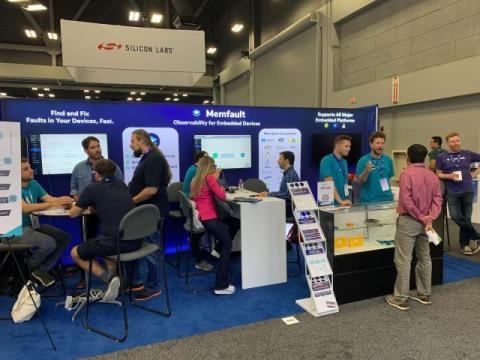4 elements of AI copilots for incident management
Generative AI has immense potential to transform how IT operations, service management, and infrastructure teams function. However, integrating GenAI technologies, like copilots, often brings significant challenges, such as ensuring accuracy, addressing job displacement concerns, and demonstrating tangible value. Navigating the landscape of various vendors and implementation hurdles can be time-consuming and resource-intensive.











